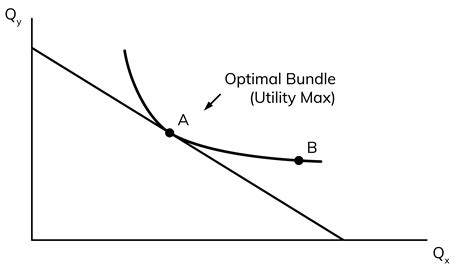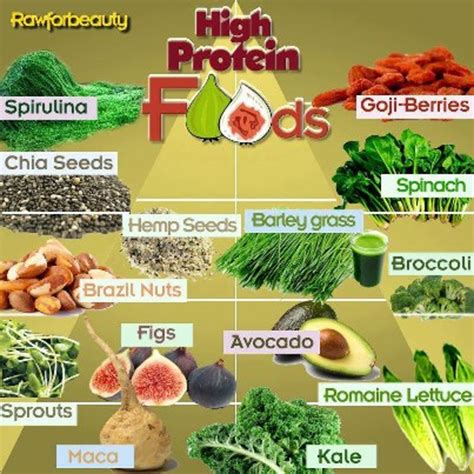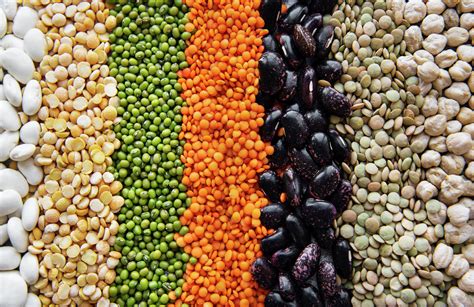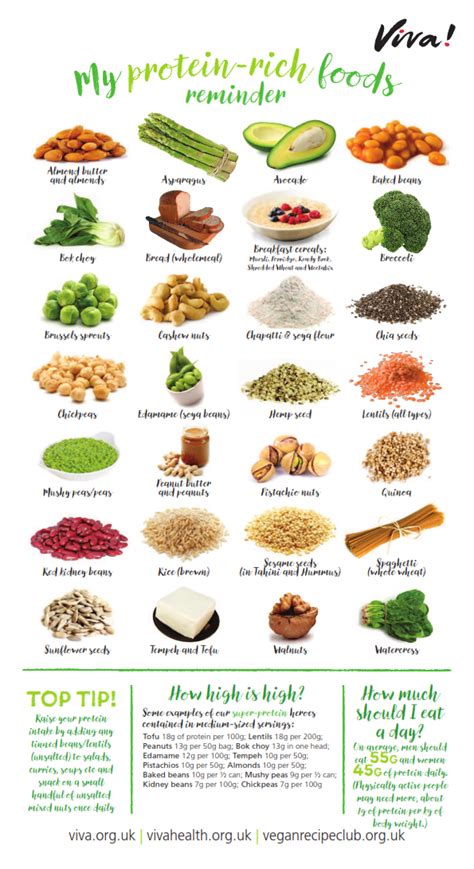Optimal daily protein for men’s lean muscle growth & peak performance?

Understanding Protein’s Role in Men’s Health and Performance
For men focused on building lean muscle mass, improving strength, and maintaining peak physical performance, protein isn’t just a nutrient – it’s a foundational pillar. This macronutrient is essential for the repair and growth of muscle tissue, critical for recovery after intense workouts, and plays a vital role in numerous bodily functions from hormone production to immune support. But what constitutes an ‘optimal’ daily intake, and how does it vary based on individual goals and activity levels?
Defining Optimal Protein Intake for Muscle Growth
The general recommendation for protein intake often varies, but for men actively pursuing lean muscle growth and strength gains, the consensus among sports nutritionists is higher than the standard dietary allowance. While the Recommended Dietary Allowance (RDA) is 0.8 grams of protein per kilogram of body weight, this is merely for preventing deficiency, not optimizing performance or muscle accretion.
For men engaged in resistance training, a more optimal range typically falls between 1.6 to 2.2 grams of protein per kilogram of body weight (0.7 to 1.0 grams per pound) daily. Some studies even suggest benefits for intakes up to 2.5-3.0 g/kg for individuals in a caloric deficit trying to preserve muscle mass. This higher intake provides the necessary amino acids to stimulate muscle protein synthesis (MPS) and offset muscle protein breakdown, particularly crucial after strenuous exercise.

Factors Influencing Your Protein Needs
While the 1.6-2.2 g/kg range is a great starting point, several individual factors can influence your precise protein requirements:
- Activity Level and Type: Highly active individuals, especially those lifting weights frequently or performing endurance sports, will require more protein than sedentary individuals due to increased muscle damage and recovery needs.
- Body Composition Goals: If you’re in a caloric surplus aiming to build muscle, protein supports anabolism. If you’re in a caloric deficit trying to lose fat while preserving muscle, a higher protein intake (often at the upper end of the optimal range or even slightly above) is beneficial for satiety and muscle retention.
- Age: As men age, there can be a phenomenon called anabolic resistance, meaning more protein is needed to stimulate muscle protein synthesis. Older men may benefit from slightly higher intakes, around 1.0-1.2 g/lb, to combat sarcopenia (age-related muscle loss).
- Overall Diet: The quality of your protein sources and the adequacy of your total caloric intake also play a role. If you’re not eating enough calories overall, some protein might be diverted for energy rather than muscle repair.

Timing and Distribution: Maximizing Protein’s Impact
It’s not just about the total daily intake; how you distribute that protein throughout the day also matters. Research suggests that spreading protein intake evenly across meals (e.g., 3-5 meals with 20-40g of protein each) is more effective for sustaining muscle protein synthesis than consuming most of your protein in one or two large meals.
- Post-Workout: While the ‘anabolic window’ isn’t as narrow as once thought, consuming protein (and carbohydrates) within a few hours post-exercise can kickstart recovery and muscle repair.
- Before Bed: A slow-digesting protein source like casein before sleep can provide a sustained release of amino acids, supporting overnight muscle recovery and growth.
- Throughout the Day: Aim for a protein-rich source at every major meal and even with snacks to keep a steady supply of amino acids in your bloodstream.

Quality Matters: Best Protein Sources
Prioritizing complete protein sources – those containing all nine essential amino acids – is key. These include:
- Animal Sources: Lean meats (chicken, beef, turkey), fish (salmon, tuna), eggs, dairy (Greek yogurt, cottage cheese, milk). These are often considered the gold standard due to their high biological value.
- Plant-Based Sources: Soy (tofu, tempeh, edamame), quinoa, lentils, beans, chickpeas, nuts, and seeds. Combining various plant proteins throughout the day (e.g., rice and beans) can ensure a complete amino acid profile.
- Supplements: Protein powders (whey, casein, soy, pea, rice) can be convenient tools to meet your daily targets, especially around workouts or when whole food options are unavailable.

Beyond Muscle: Protein for Peak Performance and Health
Optimal protein intake contributes to more than just muscle aesthetics:
- Enhanced Recovery: Adequate protein helps repair damaged tissues and reduces muscle soreness, allowing for more consistent training.
- Satiety and Weight Management: Protein is highly satiating, helping to control appetite and manage body fat, which is crucial for maintaining a lean physique and overall performance.
- Bone Health: Protein plays a role in bone density and strength, particularly important for active individuals.
- Immune Function: Amino acids are vital for immune cell production, helping to keep you healthy and consistent in your training.
Practical Tips for Hitting Your Protein Target
- Plan Your Meals: Incorporate a protein source into every meal and snack.
- Cook in Bulk: Prepare lean protein sources like chicken breast or ground turkey in larger quantities to make meal prep easier.
- Smart Snacking: Opt for protein-rich snacks like Greek yogurt, cottage cheese, hard-boiled eggs, or a protein shake.
- Read Labels: Be aware of the protein content in packaged foods.
- Hydrate: Drink plenty of water, especially with higher protein intake, to support kidney function.

Conclusion
For men aiming for optimal lean muscle growth and peak performance, a daily protein intake of 1.6 to 2.2 grams per kilogram of body weight is an excellent target. Focus on diverse, high-quality protein sources, distribute your intake strategically throughout the day, and adjust based on your activity level, age, and body composition goals. By prioritizing protein, you lay a solid nutritional foundation not only for a powerful physique but also for robust health and sustained athletic prowess.








